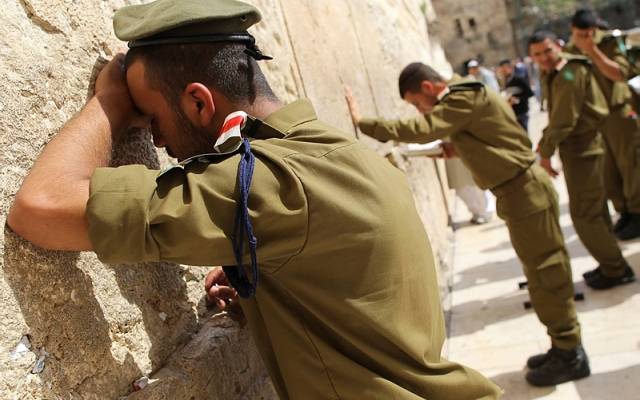As the Talmud says, “There were never happier days for the Jews than the 15th of Av and Yom Kippur.” What is it about Yom Kippur that makes it such a happy day?
One of the happiest days of the year is almost here!
You might be thinking, “Huh? The happiest day of the year? With no lunch or coffee breaks, how could that be?”
Well, as the Talmud says, “There were never happier days for the Jews than the 15th of Av and Yom Kippur.”
There are a number of interpretations as to why Yom Kippur is deemed to be one of the happiest days of the year. My preferred explanation is that Yom Kippur is such a happy day because it is the day God forgives all our sins! Imagine the judge (or king, back in the day) pardoning you and letting you walk, notwithstanding all the crimes you’ve committed! You’d certainly be happy!
The reason why Yom Kippur was chosen as the day God forgives all our sins is because Yom Kippur is the anniversary of the day God forgave the Jewish people for having made and worshipped a golden calf. Since it was on that day that God forgave the Jewish people for what was ostensibly the worst sin that a person could commit (idolatry!), God decided that he would forgive all sins on that day every year.
Of course, Yom Kippur only atones for sins committed against God, but for sins committed against our fellow man, we must approach the person we have wronged and ask forgiveness.
Celebrating Without Food?
And the no lunch thing? We don’t eat because on Yom Kippur we are supposed to imitate the angels in Heaven who don’t eat. This is also why we wear white and stand much more than usual in the course of the prayers on Yom Kippur – in order to imitate the angels. One day a year we are supposed to detach ourselves from the needs of the body and focus on the needs of the soul. The Talmud compares the body to a horse and the soul to a rider. On Yom Kippur we make sure that the rider is driving the horse and not the horse driving the rider. All year long our every thought, move and decision is generally made by what is best for the body (the horse). On Yom Kippur we leave all that and focus on what’s best for the rider (the soul).
Yom Kippur is an opportunity to have a true “out of body experience.” Sure, there are “afflictions” on Yom Kippur – no eating or drinking, no wearing leather shoes, no marital relations, no bathing for pleasure; as it says in the Torah, “On the tenth of the month you shall afflict yourselves.” However, these restrictions are there to teach us how to withdraw from our bodily needs and allow the soul to take over. These are “skills” that we can take with us all year long.
By: Rabbi Ari Enkin, Rabbinic Director, United with Israel

